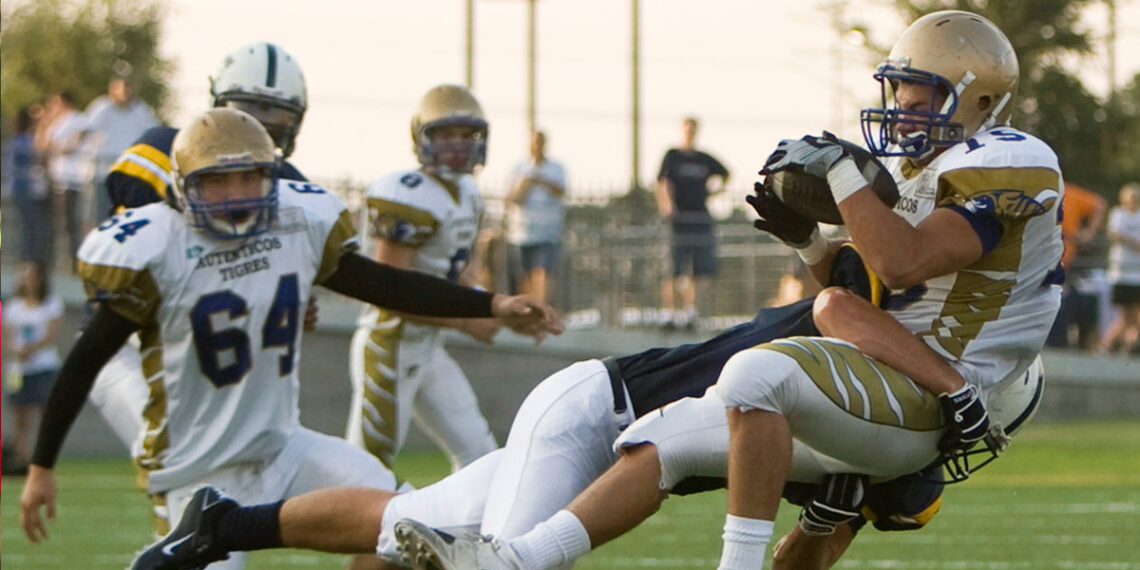

The following is excerpted from an online article posted by HealthDay.
A potentially important form of brain signaling appears to be affected whenever concussion strikes, according to new research involving high school football players.
“This study is important because it provides insight into both the mechanisms and the clinical implications of concussion in the maturing adolescent brain,” said study co-lead author Alex Wiesman, assistant professor at Simon Fraser University in Burnaby, British Columbia, Canada.
He and his colleagues were slated to present their findings in Chicago at the annual meeting of the Radiological Society of North America (RSNA).
As the researchers explained, multiple concussion studies have already examined the effects of head injury on what’s known as periodic or “rhythmic” brain signaling, which is crucial to attention, movement or sensory processing.
But much less has been known about non-rhythmic brain signaling.
“Most previous neuroscience research has focused on rhythmic brain signaling, which is also called periodic neurophysiology,” explained study lead author Kevin Yu, a neuroscience student at Wake Forest University School of Medicine in Winston-Salem, N.C. “On the other hand, aperiodic neurophysiology refers to brain signals that are not rhythmic.”
“While it’s often overlooked, aperiodic activity is important because it reflects brain cortical excitability,” said study senior author Dr. Christopher Whitlow, professor and chair of radiology at Wake Forest.
It’s now thought that cortical excitability could be a key player in how brain cells respond to stimulation. It might also play a role in memory, information processing, decision making, motor control, wakefulness and sleep, the researchers said.
In the new study, the research team examined neurological data on 91 high school football players, of whom 10 were diagnosed with a concussion. They compared players’ pre- and post-season magnetoencephalography (MEG) data, a technology that tracks brain signaling.
The most important finding: Players who had suffered a concussion showed a definite “slowing” of their aperoidic brain activity, compared to concussion-free players.
Those slowdowns were reflected in poorer scores on tests the injured played took to gauge their cognition, the researchers said.
However, the research is still early, Weisman stressed.
For now, the findings support guidelines that mandate that any player take the necessary time to fully recover from a concussion before returning to play.
Source: HealthDay
https://www.healthday.com/health-news/neurology/concussions-slow-brain-activity-in-high-school-football-players
Source: Home Word






